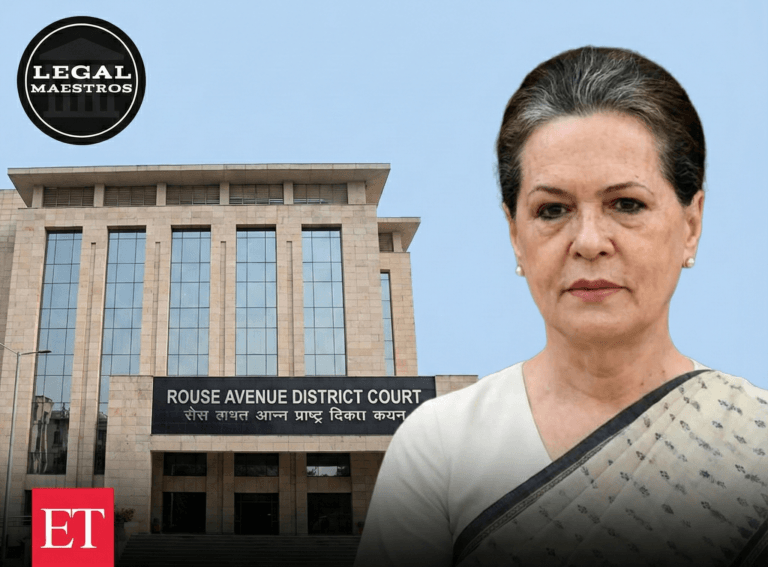
Background & Ruling
The Calcutta High Court ruling in Hasin Jahan v. Mohammad Shami presents a balanced reading of interim maintenance in instances of wide income variations and celebrity status. In essence, the court seeks to hold up the even standard of living during separation principle, especially where the economic advantage is disproportionately on one side. Mohammad Shami, a national-level cricketer whose yearly earnings are reported to be over ₹7 crore, was initially asked by a district court to shell out ₹1.3 lakh a month—₹50,000 to his estranged wife and ₹80,000 to the couple’s daughter. However, the High Court held that this was inadequate in light of the financial situation of Shami.
Citing his Income Tax Returns FY 2021, the court held that the sum was not enough for the child or the life he had been living. Interestingly, the order relies on Section 20 of the Protection of Women from Domestic Violence Act, 2005, according to which the maintenance has to be reasonable, sufficient, and proportionate to the social status and financial situation of the husband. Justice Ajoy Kumar Mukherjee reiterated once again that interim maintenance has to be real, and not symbolic—allowing the domestic violence victims to live a life of dignity and security in accordance with the direction of the court.
The order is a landmark not only because of the quantum of maintenance but because it emphasizes the duty of wealthy earners to pay fair financial support that is proportionate to their resources. It is also a recognition that estranged wives and children ought not to be reduced to economic destitution merely as a result of a breakdown of marriage. The High Court has, therefore, reiterated that interim maintenance ought to be a bridge to justice and not an empty formality.
For any queries or to publish an article or post or advertisement on our platform, do call at +91 6377460764 or email us at contact@legalmaestros.com.
Legal Principles
The ruling upholds a number of fundamental legal precepts. One, it is in keeping with the Protection of Women from Domestic Violence Act (PWDVA), 2005, which allows courts to grant reasonable interim maintenance to wives and children within the context of legal proceedings. By computing the actual income and lifestyle of Shami, the court upheld the principle that maintenance should not be nominal or arbitrary but rather guarantee continuity of life with dignity, especially when a spouse is dependent.
Secondly, the judgment illustrates a growing judicial inclination to locate maintenance within the parameters of socio-economic realities, especially in celebrity or high-income cases. The ruling forcefully indicates that interim maintenance is more than just a nicety of procedure—interim maintenance is a right.
Jahan’s Reaction & Future Prospects
Hasin Jahan welcomed the order but insisted it fell short of what she and her daughter deserved. Speaking to the press, she remarked that ₹4 lakh per month was “not enough” given Shami’s multi-crore income and the lifestyle they had previously led. Her initial legal plea had demanded ₹10 lakh per month (₹7 lakh for herself, ₹3 lakh for her daughter), and she maintains that the current award does not meet the mark.
Jahan’s lawyers said they would seek a greater sum in the last trial phase. Her argument is that Shami’s brand endorsements, match payments, BCCI deals, and brand associations all go toward an extravagant lifestyle—and that his daughter, also, should have the option to receive quality education, medical care, and services. Jahan stressed that her purpose was not vendetta but justice: “A child’s upbringing cannot be compromised. I have never asked for anything beyond what’s fair.
Her reaction indicates that although the intervention by the High Court was a welcome step, the battle in the law courts is not yet over, and the issue of how to define a fair share in a case of high-income divorce is left open for future litigation.
Final Word
This order marks a legal milestone: setting interim maintenance anchored in the husband’s actual income and the family’s previous status. It sends a clear message that temporary rulings must reflect real financial capacity and ensure equitable support. As the main case unfolds, the final maintenance could evolve further—potentially aligning more closely with Hasin Jahan’s initial claim.
References
- High Court’s ₹4 lakh order breakdown and background indianexpress.com+9hindustantimes.com+9indiatimes.com+9freepressjournal.in+6hindustantimes.com+6indianexpress.com+6freepressjournal.in
- Shami’s income and court reasoning
- Jahan’s response and plans for higher maintenance hindustantimes.com+2freepressjournal.in+2livemint.com+2
- Legal basis under PWDV Act and procedural details







